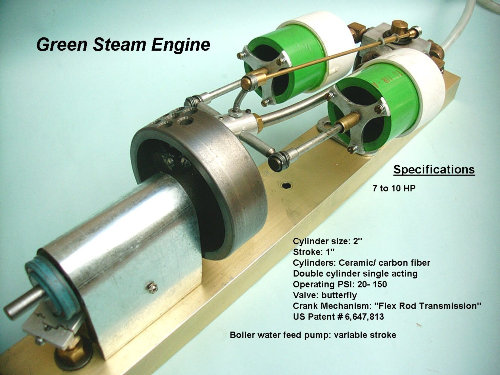Bashkir farmers' local demurrage currency recognized by Supreme Court
The original of this article is in Russian and this translation of it isn't professional, but I think the news of this is of importance for us and should be shared even if imperfectly.
Chances are, you have not heard of the Republic of Bashkortostan. It is one of many individual States that were part of the old Soviet Union, the USSR, and that now are part of the Russian Federation which formed after the Soviet Union dissolved. Wikipedia has an article on history and more here: Bashkortostan The people of Bashkortostan are the Bashkir.

Ufa City, capital of Bashkortistan (image from Wikipedia)
It seems the farmers of a Bashkir village were successful in creating a workable demurrage-based currency and to have its legality recognized by their country's Supreme Court. Quite a feat, which incidentally has eluded us in the West ever since the Austrian Supreme Court shut down Silvio Gesell's and Mayor Unterguggenberger's successful currency experiment in Wörgl 80 years ago...
So now that we have some context, here is the article. The original in Russian is also available.
Bashkir farmers who invented their own currency have created an economic miracle
The Supreme Court of Bashkortostan allowed the villagers of Shaymuratova to pay in "shaymuratikami." It is a kind of local money - or rather, trade coupons. They can buy products only in one village. A system of mutual settlements is offered by local farmers. But the local prosecutor sought to prohibit this kind of currency .
Continue reading "Bashkir farmers' local demurrage currency recognized by Supreme Court" »






